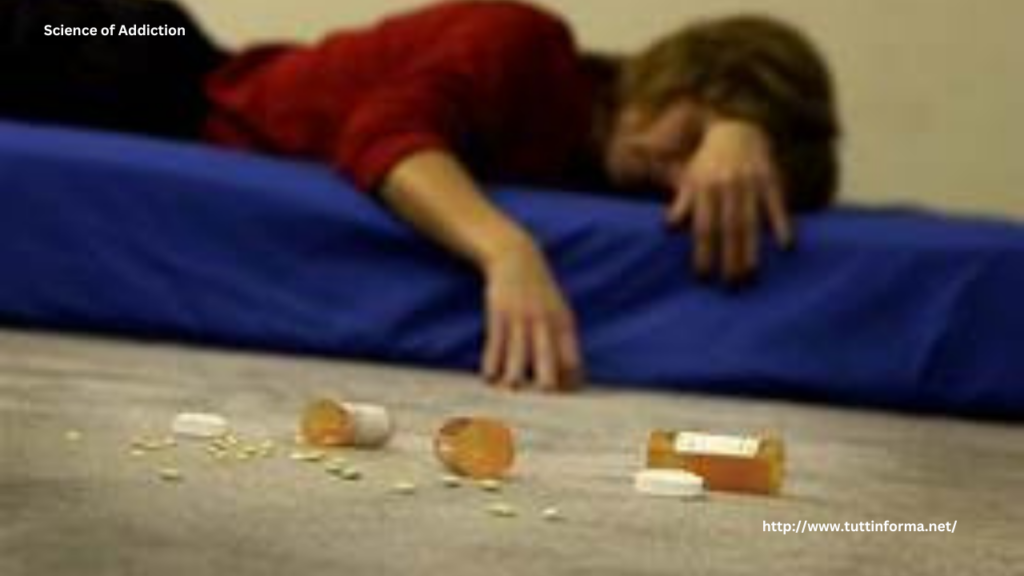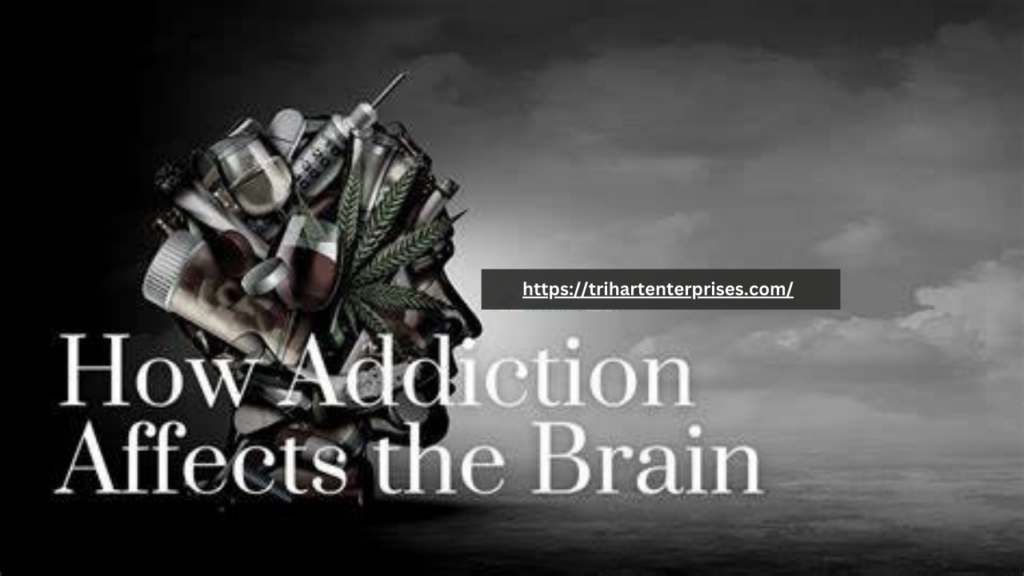
Addiction is a disease—complex, chronic, and often misunderstood. While once viewed primarily as a behavioral or moral issue, modern science has reframed addiction as a medical condition with identifiable biological, psychological, and social components. At the intersection of medicine and addiction lies a powerful truth: recovery is possible when guided by evidence-based treatment.
Understanding the medical roots of addiction changes the way we approach care. It encourages the use of treatments grounded in research rather than stigma or outdated beliefs. This scientific lens has led to the development of comprehensive treatment plans that address both the physical and mental dimensions of substance use disorders.
What Does “Evidence-Based” Really Mean?
Evidence-based treatment refers to therapies and interventions that have been tested through rigorous research and shown to be effective in reducing substance use, preventing relapse, and improving quality of life. These treatments are endorsed by leading medical organizations, including the National Institute on Drug Abuse (NIDA), the American Society of Addiction Medicine (ASAM), and the World Health Organization (WHO).
Unlike anecdotal or one-size-fits-all approaches, evidence-based care is tailored to the individual, based on their unique history, needs, and medical background.
Medication-Assisted Treatment (MAT)
One of the pillars of evidence-based addiction treatment is Medication-Assisted Treatment (MAT). MAT combines the use of FDA-approved medications with behavioral therapies to treat substance use disorders, particularly for opioids and alcohol.
For opioid addiction, medications like buprenorphine, methadone, and naltrexone help reduce cravings, normalize brain function, and support recovery. These medications do not replace one addiction with another—as is often misunderstood—but instead stabilize the brain to allow individuals to focus on healing.
For alcohol dependence, acamprosate, disulfiram, and naltrexone reduce the urge to drink or cause negative reactions when alcohol is consumed. When paired with therapy, these medications significantly improve treatment outcomes.
Behavioral Therapies
Medications alone are not a cure. Evidence shows that behavioral therapies are crucial to address the psychological aspects of addiction. Approaches such as Cognitive Behavioral Therapy (CBT) help individuals recognize and change negative thought patterns that lead to substance use. Motivational Interviewing (MI) empowers people to find internal motivation for change, while Contingency Management (CM) uses positive reinforcement to encourage sobriety.
These therapies not only help with addiction itself but also support co-occurring mental health disorders, such as anxiety or depression, which are common among individuals in recovery.
Integrated and Personalized Care
Evidence-based treatment also recognizes the importance of integrated care. Many people with addiction benefit from a team-based approach that includes doctors, therapists, social workers, and peer support specialists. Treatment plans often incorporate lifestyle interventions, nutritional counseling, physical activity, and stress management strategies to promote holistic recovery.
In addition, technology is playing a growing role. Telehealth services, mobile recovery apps, and digital cognitive tools are making access to evidence-based care easier and more widespread.
Conclusion: Hope Through Science
The intersection of medicine and addiction is not just a meeting point of disciplines—it’s a roadmap to recovery. Evidence-based treatment removes guesswork and stigma, replacing them with tools that work. With the right medical guidance, compassion, and support, individuals struggling with addiction can reclaim their health, rebuild their lives, and find lasting freedom.









